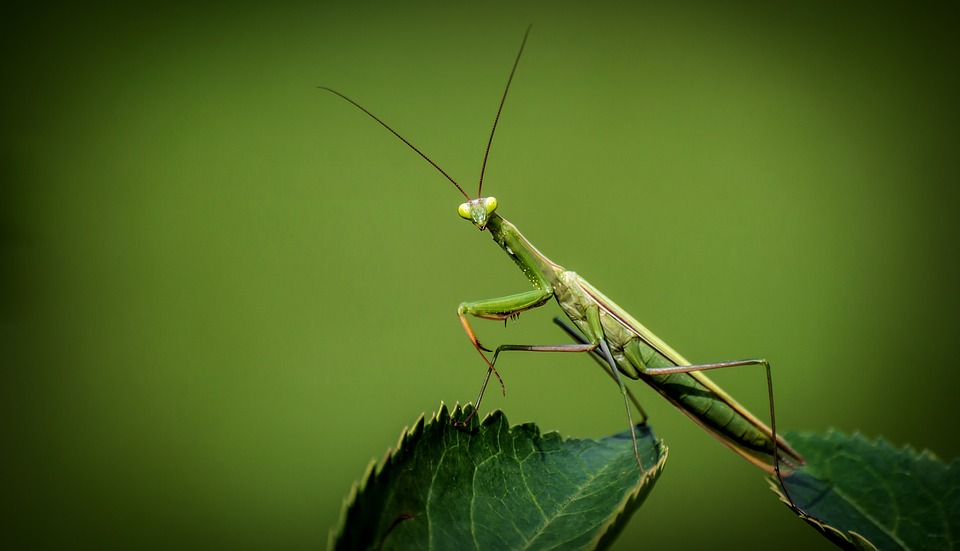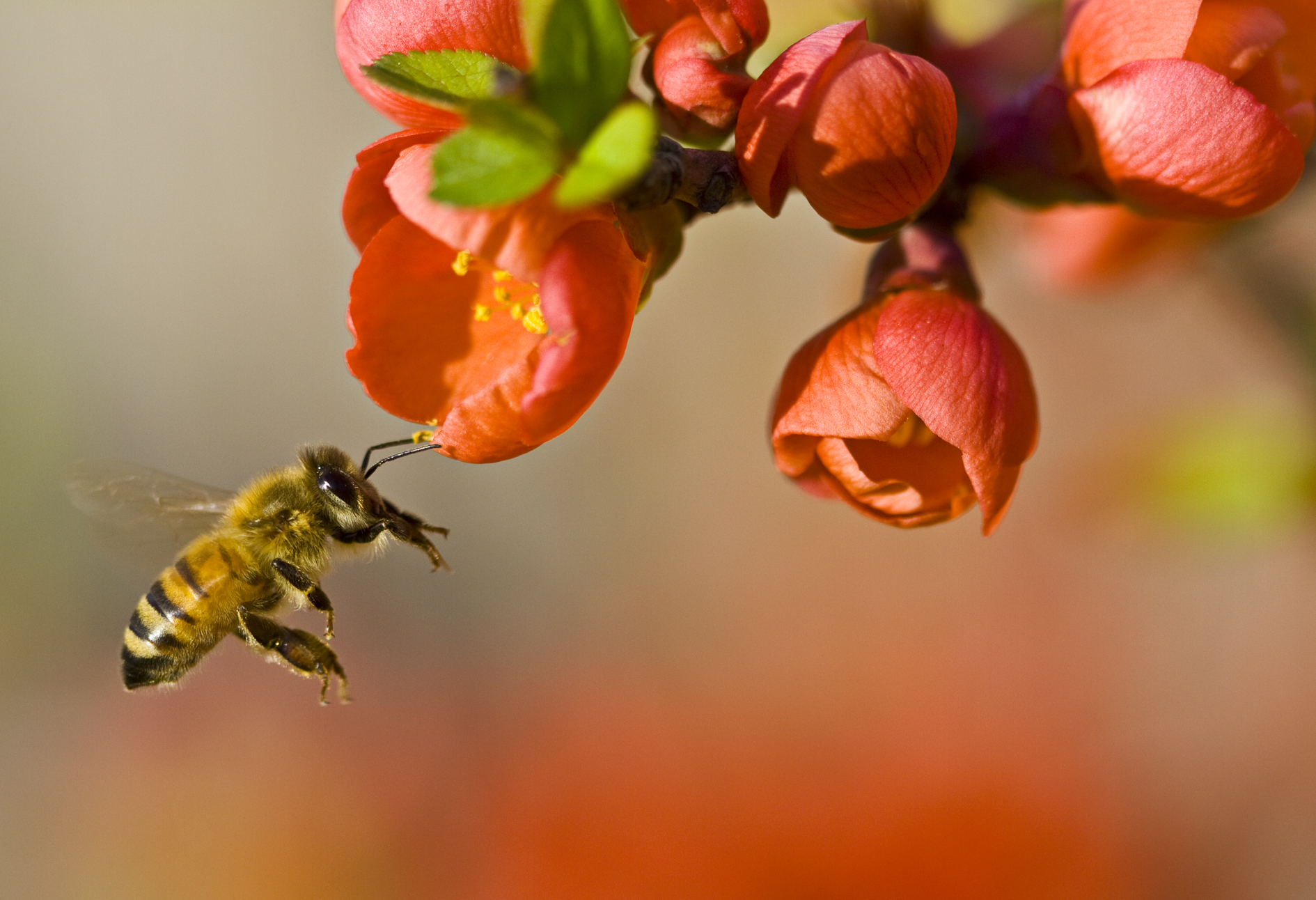Beneficial Bugs for our Gardens
Pests can be very annoying but at the same time, some of them can be very beneficial for us.

There are a variety of bugs that can particularly be good for a healthy garden. These beneficial bugs actually keep destructive bugs away from your fruits, vegetables, flowers and herbs.
Beneficial bugs are categorized into three groups:
- Predators – These are larger insects that consume various pests throughout their lifetime. While generally bigger than their prey, predators are known for being feeders as they eat a variety of organisms which can sometimes be other beneficial bugs.
- Parasites – These are insects which lay their eggs on or inside the host pest. The eggs will eventually hatch and the young larvae will begin to consume the host until it eventually dies.
- Pollinators – These are the driving force behind the growth and production of most plant life. These beneficial bugs allow as much as 80% of plant life to undergo pollination, which helps produce fruits and seeds.
While there are several types of predators, parasites and pollinators, we’ve listed a few of the most common species that you may encounter in your garden.
Types of Beneficial Bugs – Predators, Parasites and Pollinators
Predators – Praying Mantis
The praying mantis (mantids) is one of your garden’s best friends. These bugs only eat other insects including many that may attack plants in your garden. In addition to mantids, spiders and centipedes also feast on garden insects. Mantids will catch and eat flies as soon as they land on a plant. Spiders simply wait until files, moths and other flying insects get caught in their webs before they begin snacking. Centipedes typically attack garden insects on or near the ground.

Parasites – Wasps
Certain wasps, such as this braconid wasp, and flies will fly up to and land on garden damaging caterpillars. Once they land, they lay their eggs on the caterpillar and fly away. These eggs will then hatch and the larvae begin to feed on the caterpillar until it dies.

Pollinators – Bees
Honeybees are the primary pollinators in our crops and gardens but there are a number of other bees, wasps, flies, beetles and butterflies that also like to feed on nectar or pollen. When they feed they spread pollen from male flowers to female flowers and as a result, provide a wide variety of food that we are able to enjoy.

Attracting Beneficial Bugs
A number of different perennials, including pollen and nectar-producing plants such as fennel, daisies, dill, clover, cabbage, sunflowers, goldenrod, catnip and yarrow can be planted to attract beneficial insects and pollinators. Having a variety of these plants helps to maintain a ready source of pollinators to aid in pollinating any fruit that you may be growing.
| Spring | Early/Mid Summer | Late Summer/Fall |
|---|---|---|
| Sweet Alyssum | Lavender | Bee Balm |
| Rosemary | Yarrow | Mullein |
| Thyme | Mint | Goldenrod |
| Crimson Clover | Bishop’s Lace | Fennel |
| Bugleweed | Roman Chamomile | Aster |
Massey Services is aware and alert to the concerns of pollinator health. Our service programs and product selections are designed to be environmentally responsible while being as effective as possible. Our landscape specialists and pest control technicians have been trained to use alternate control measures or to delay treatment when plants are in bloom and pollinators are present.
In addition, we encourage the planting of “bee-friendly” gardens that will provide additional food sources and help keep bee populations healthy.